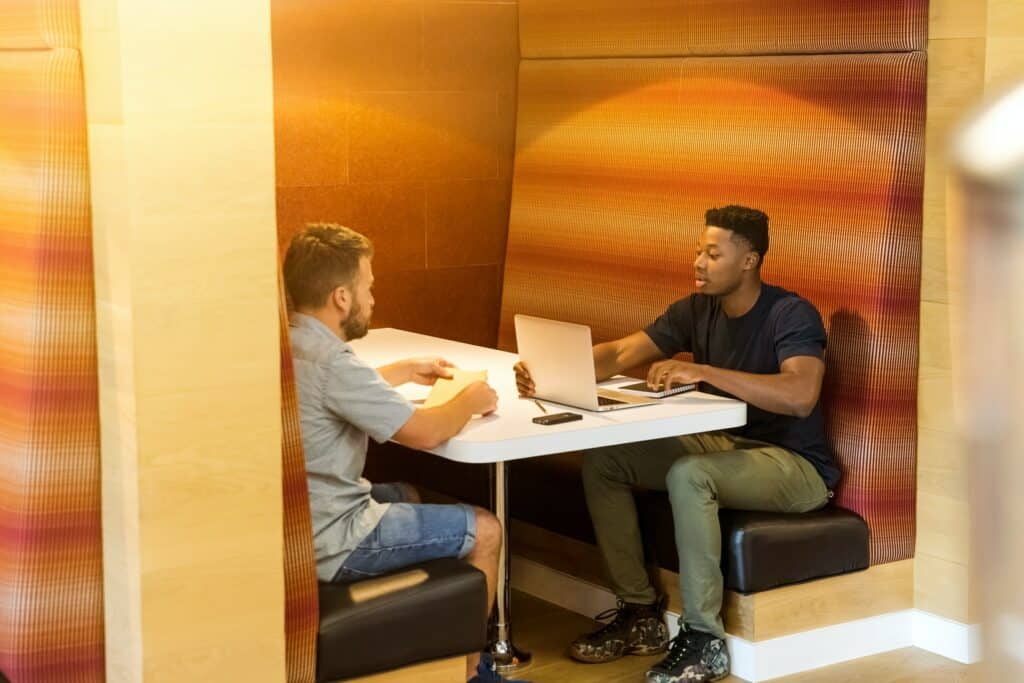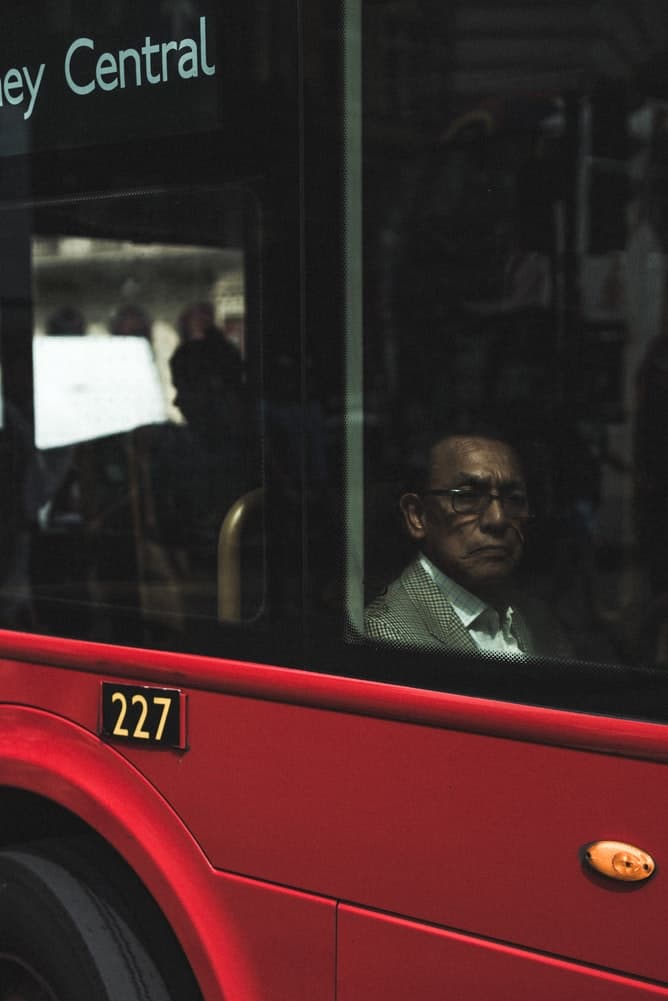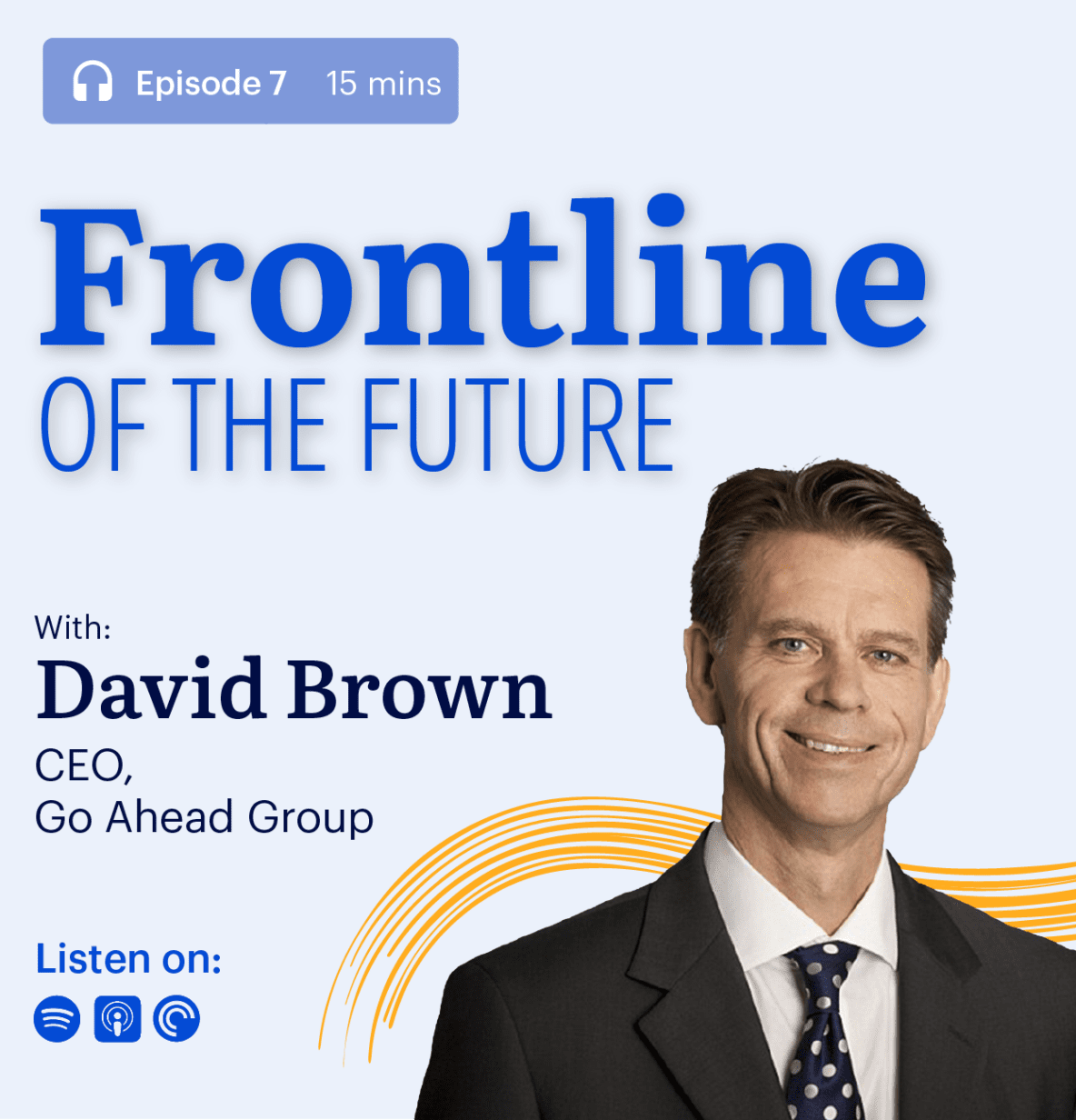David Brown is a titan of the public transport industry. His star-studded career has taken him from a graduate with London Transport to CEO of Go-Ahead Group. He's been GM for CentreWest London Buses, Operations and Managing Director for London General and London Central.
#1. Always grasp opportunity.
The advice I give to graduates, young bus managers or other leadership groups is this: grasp opportunity whenever you can. Don't let them pass you by, because they won't come back again.
#2. Bring more young people in.
Privatization was a death knell for a lot of graduate schemes. It was an easy way to save money, to look at the bottom line. But we ended up with a generational hole of senior managers coming through.

One of the first things I did at Go-Ahead was reintroduce a graduate scheme. I'm very excited to see that cadre of talent come through.
#3. And promote them fast!
Now I want to help that young talent leap from junior management to senior or directorship roles. To bridge that generation gap, their career needs to accelerate.

We have a 93% retention rate. That's partly because people see a trajectory to the top of the organization. You need to give people real responsibility and accountability. It's a fantastic time to be in the transport industry as a young person. Because if you're good, there are infinite chances for you to stand out.
#4. (But don't force them to stay).
I'm relaxed about people leaving – because I know they'll come back. But they'll come back with another set of skills and experiences to help us. We need these people as part of transport. I'm passionate about that whole industry, not only the Go-Ahead version.
#5. Real progress happens when there's no time to plan.
I never worked harder than in lockdown. It was 24/7. We were trying to reconstruct our business. We needed lots of local leadership. So from day 1, nobody blinked. We just got on with it.
Desk-based and frontline stepped up massively. The frontline were in some scary situations in their day-to-day, and I'll always be proud of how they coped.
#6. Learn from your mistakes — even in a crisis.
After the first lockdown, we reviewed our actions and said, "What do we do well, and what could we do better?” Because that's what you should do, of course. But when there's a second wave, we also must be ready to remember what we instinctively did well.

The downside has been the public message about our business, that it's unsafe to travel by public transport, and demonizing public transport. That is a real big hurdle that we've got to overcome.
#7. There's a place for greater formal collaboration in transport today.
All the bus PRC companies have grown up in a siloed era: never collaborating, out of fear of the Competition Act, and the CMA.
Now the operators do talk to each other, but only in the context of the CPT, which is our trade body. We've got a huge amount in common, and we need to leverage that better.
We're going to have to be far more agile, far more responsive to an ever-changing situation. That feeds into our engagement with our colleagues’ representatives from the trade union. It's been more collaborative because we've realized it goes beyond the small issues or the legal aspects.
#8. Let's lose the bureaucracy.
When we went into lockdown, people said “Well, we've got to tell the traffic commissioner, we’ve got to check”. I said, “You just go do the right thing, and they're going to have to catch up with us. We’re going to have to do the right thing, and plead forgiveness afterwards.” Because we haven't got the time to wait 270 days to make decisions.

The industry needs more of that, not less of that. We need to be more flexible, more agile and more collaborative going forward.
#9. Technology will help us re-position ourselves.
Technology can automate a lot of aspects to make public transport jobs easier. That leaves the drivers extra time to do the bits we want more of, which is looking after customers. It's important to push that going forward, so passengers feel looked after as well as safe.
Technology will also help us stay relevant around the issues of air quality and climate change. I'm excited to see how that develops.
#10. The UK government must step in – before it’s too late.
At the beginning of this year, I saw a new dawn for public transport. I could see we were going to get good, generous funding from the government. We were helping the government see how transport fits into every single department – not just its own.
Now, we have to pick all that back up. We need the government to spend as much money as they did telling people to travel, as they did telling them not to. A sort of 'Eat Out to Help Out' scheme on trains and buses. That level of commitment is imperative.

And if they don't? We'll be left with hollowed out cities. And no one wants that.


